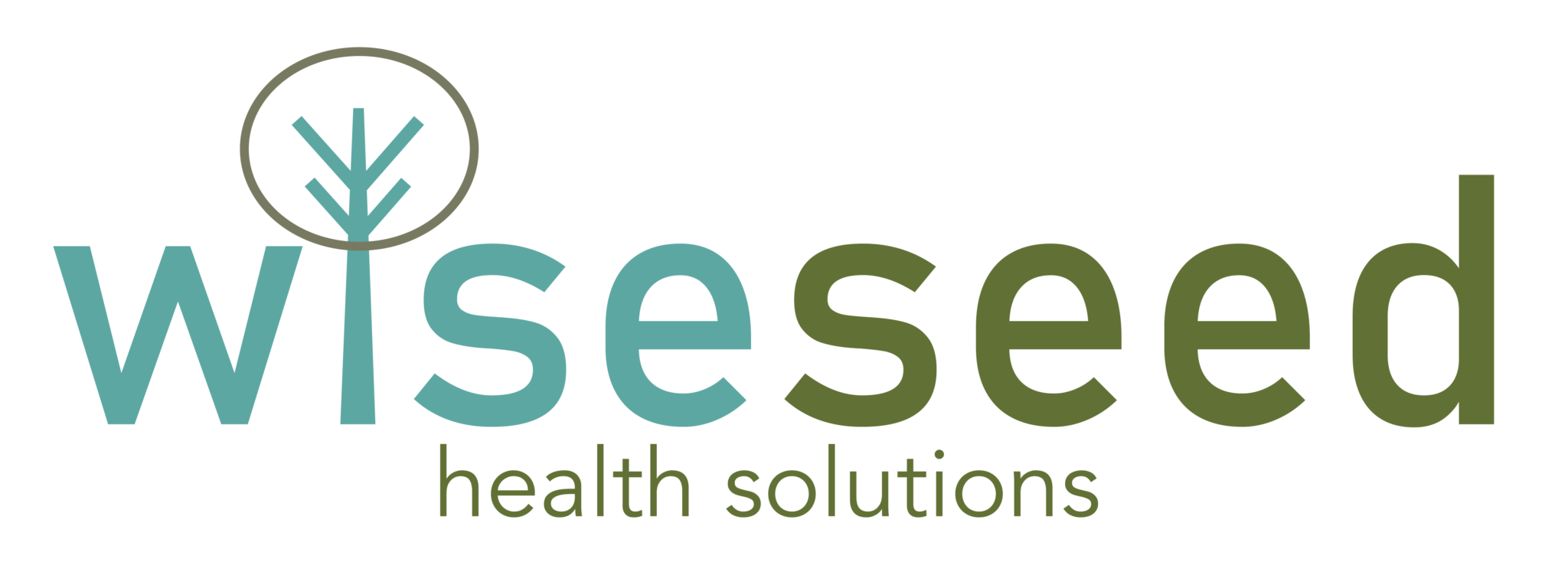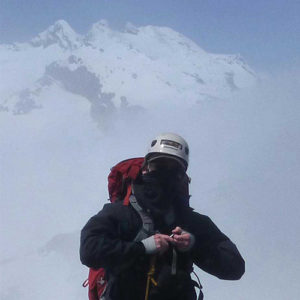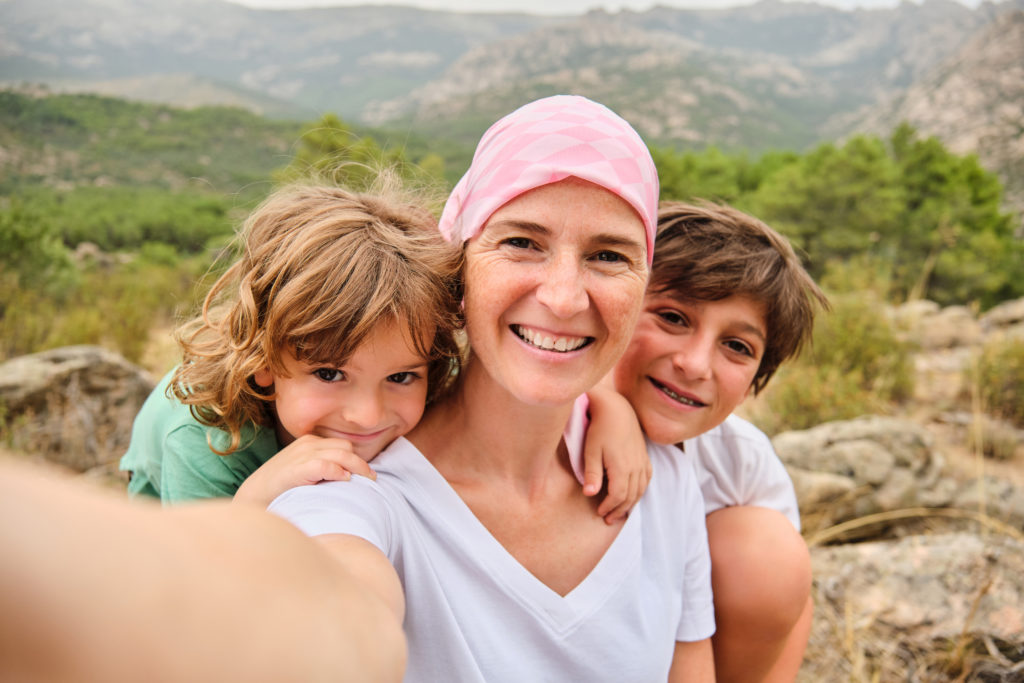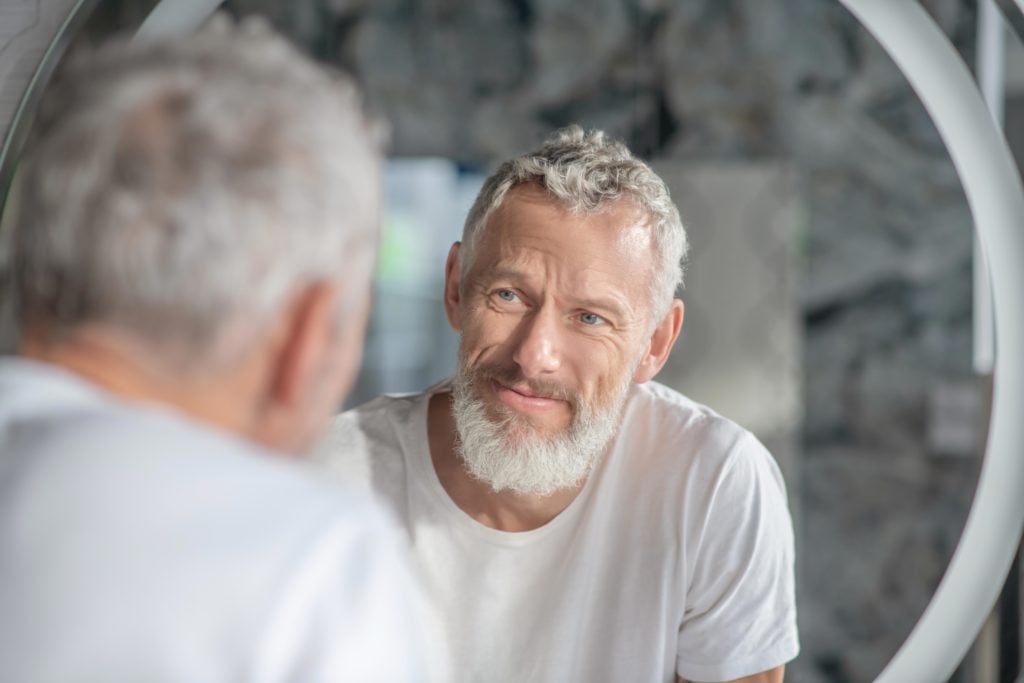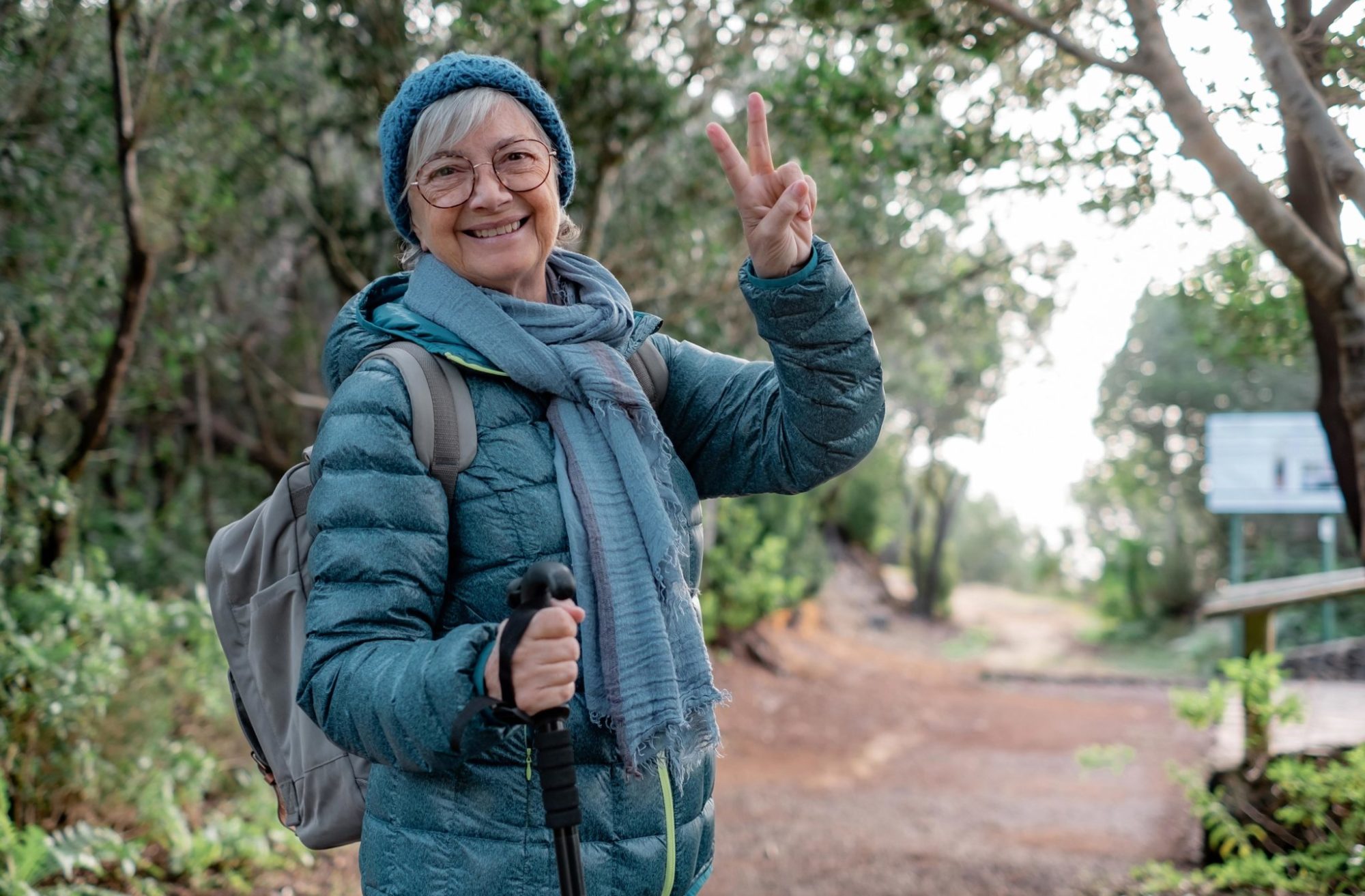Quality Friendships and the Strength of the Pack

A recurring theme that underpins many of our articles is the importance of friendships in human wellbeing. We highlighted the role of friendships in the community domain of the Everyday Resilience Framework. Strong friendships also influence how we can build resilient communities. Finally, positive friendships are acknowledged as a key contributor toward human flourishing.
As social creatures, having friends resonates with our hardwiring and facilitates our wellbeing. It’s also clear that you shouldn’t become a ‘lone wolf’ and avoid having friends. That approach undermines your resilience and limits your potential to grow.
But how many fellow ‘wolves’ should we have in our ‘pack’? How many friends should someone have to optimise their happiness? It’s an interesting question.
Dr Robert Dunbar offers one interpretation by drawing upon evolutionary psychology, social group studies, and human neurology to look at what our brains naturally orientate to. He’s identified that humans naturally prefer operating in a network of about 150 people 1. Within that group, humans tend to have about five close friends with strong and meaningful connections 2.
Interestingly, the idea of individual humans naturally orientating to a small pack of around five close friends can be seen in separate research areas. Other studies have found that the average number of close friends reported by adults over 50 is four 3, while young adults in their twenties identify as having between 4-5 close friends 4.
The health benefits of having a small cohort of quality friendships are also significant, namely:
– women with 3-5 close friends reported the highest levels of life satisfaction 5
– the quality of friendships (versus the number of friends) in adults over 30 is linked with positive psychological adjustment and wellbeing 7
– adolescents that prioritise the formation of close friendships (rather than pursuing broad popularity) possess stronger mental health outcomes in adulthood 6
We acknowledge that it’s important to cultivate a diverse network of associates, colleagues, contacts, and connections – this is a necessary feature of participating in the society and communities we live in. But wolves don’t measure pack strength through their number of social media connections, and neither should you.
Instead, when it comes to securing resilience, life satisfaction, and wellness, you need to focus on nurturing a pack of around 3-5 close and rich friendships. Just like Nature seems to have intended.
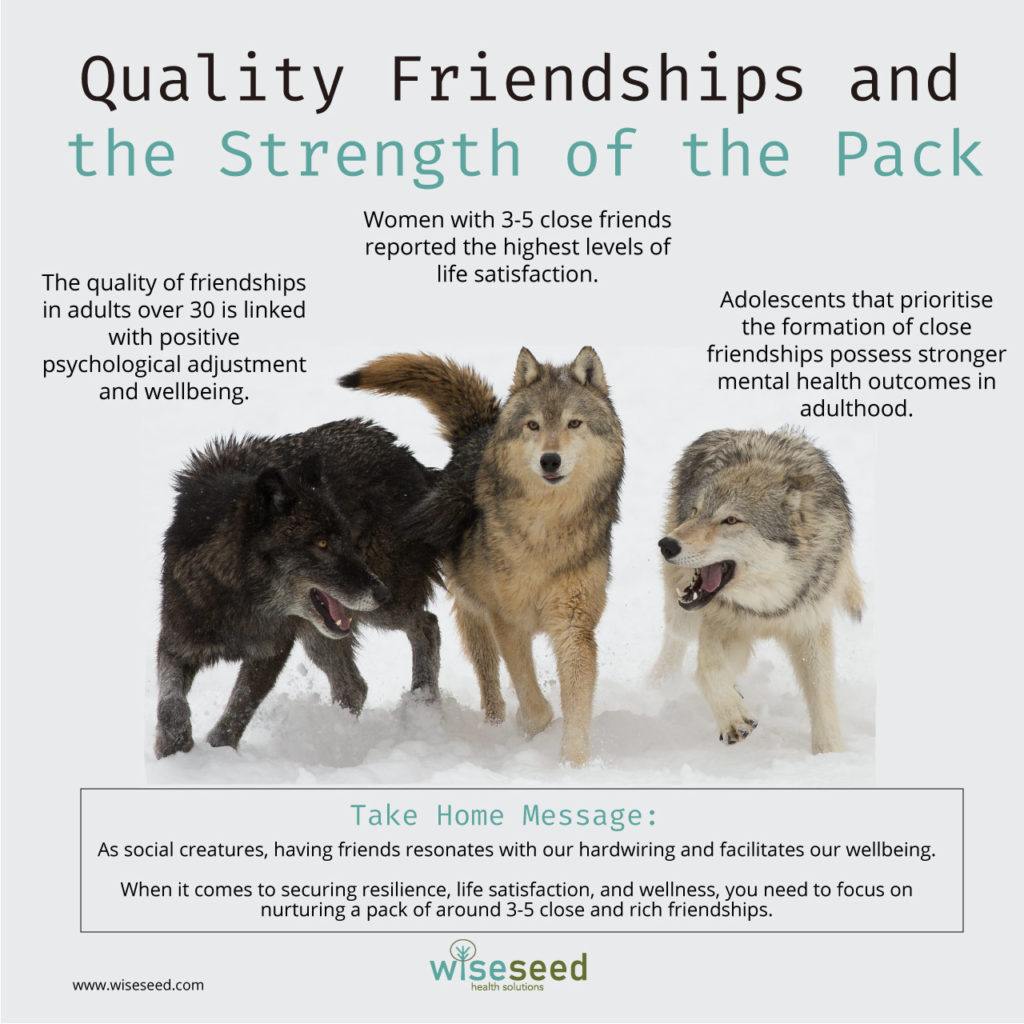
References and Further Reading
1 Dunbar, R. (2020). Structure and function in human and primate social networks: implications for diffusion, network stability and health. Proc. R. Soc. A 476: 20200446. http://dx.doi.org/10.1098/rspa.2020.0446
2 Ibid.
3 Latham-Mintus, K. (2019). A Friend in Need? Exploring the Influence of Disease and Disability Onset on the Number of Close Friends Among Older Adults. The Journals of Gerontology: Series B, 74(8), 119-124. https://doi.org/10.1093/geronb/gbz050
4 Landberg, M. & Recksiedler, C. (2018). Number of Close Friends and Their Links to Life Satisfaction Over the Great Recession in Germany. In: Demir, M., & Sümer, N. (eds) Close Relationships and Happiness across Cultures. Cross-Cultural Advancements in Positive Psychology, vol 13. Springer, Cham. https://doi.org/10.1007/978-3-319-89663-2_8
5 Degges‐White, S. & Kepic, M. (2020). Friendships, Subjective Age, and Life Satisfaction of Women in Midlife. Adultspan Journal, 19(1), 39–53. doi:10.1002/adsp.12086
6 Narr, R., et al. (2019). Close Friendship Strength and Broader Peer Group Desirability as Differential Predictors of Adult Mental Health. Child Dev, 90(1), 298–313. doi:10.1111/cdev.12905
7 Carmichael, C., et al. (2015). In Your 20s It’s Quantity, in Your 30s It’s Quality: The Prognostic Value of Social Activity Across 30 Years of Adulthood. Psychol Aging, 30(1), 95–105. doi:10.1037/pag0000014
Disclaimer
The material displayed on this website is provided without any guarantees, conditions or warranties as to its accuracy.
Information written and expressed on this website is for education purposes and interest only. It is not intended to replace advice from your medical or healthcare professional.
You are encouraged to make your own health care choices based on your own research and in conjunction with your qualified practitioner.
The information provided on this website is not intended to provide a diagnosis, treatment or cure for any diseases. You should seek medical attention before undertaking any diet, exercise, other health program or other procedure described on this website.
To the fullest extent permitted by law we hereby expressly exclude all warranties and other terms which might otherwise be implied by statute, common law or the law of equity and must not be liable for any damages whatsoever, including but without limitation to any direct, indirect, special, consequential, punitive or incidental damages, or damages for loss of use, profits, data or other intangibles, damage to goodwill or reputation, injury or death, or the cost of procurement of substitute goods and services, arising out of or related to the use, inability to use, performance or failures of this website or any linked sites and any materials or information posted on those sites, irrespective of whether such damages were foreseeable or arise in contract, tort, equity, restitution, by statute, at common law or otherwise.
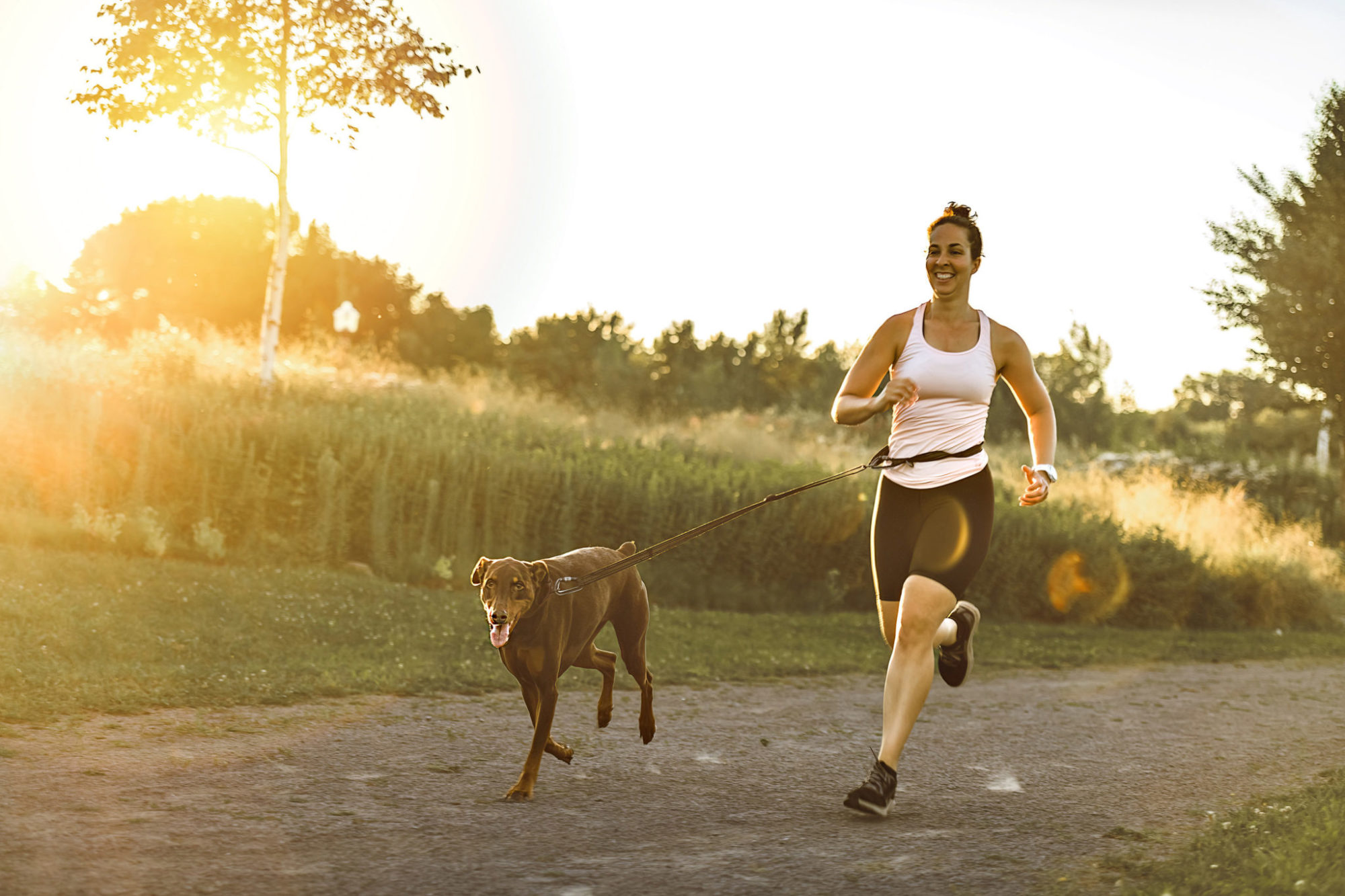
Ten Minutes is All You Need
Research has shown that ten minutes of moderate-to-vigorous exercise performed each day is enough to significantly reduce your risk of early death.
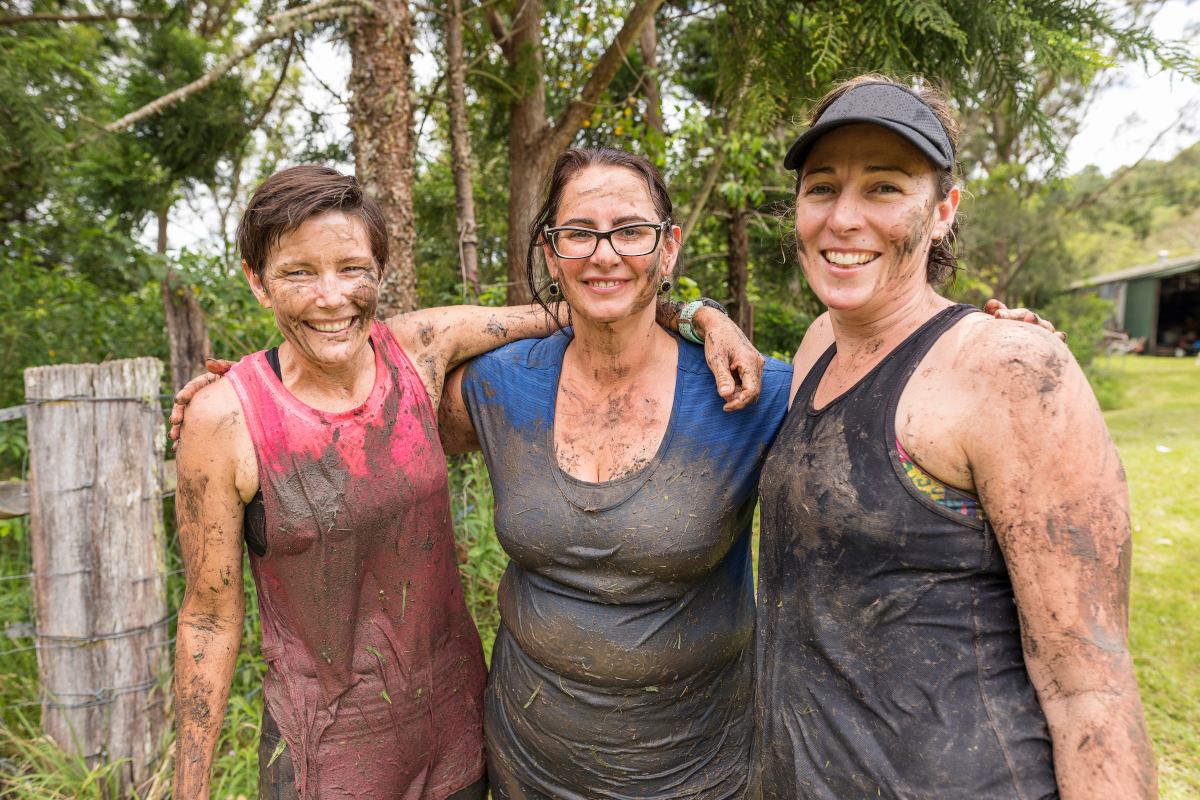
The Way of the Weekend Warrior
The way of the weekend warrior is one path to health that also leaves plenty of room in your life for the pursuit of other activities that you find important and meaningful.
